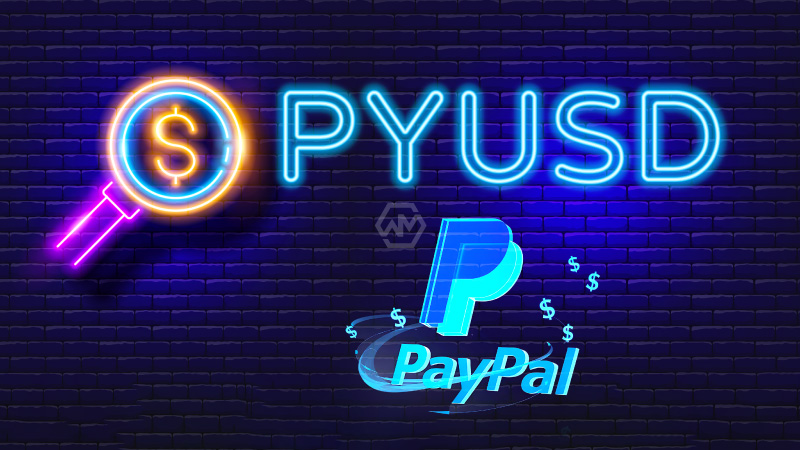- PayPal plans to integrate PYUSD into Hyperwallet for seamless cross-border payments.
- The stablecoin will be used for vendor payouts, reducing conversion costs and delays.
- PYUSD adoption aims to enhance global financial transactions for businesses and freelancers.
PayPal is expanding the use of its stablecoin, PYUSD, to enhance global payments by integrating it into Hyperwallet. This move will allow merchants, freelancers, and vendors to receive cross-border payments without traditional banking intermediaries.
By leveraging blockchain technology, PayPal aims to reduce transaction fees, eliminate currency conversion hassles, and speed up payment processing.
PayPal to Revolutionize Global Payments with PYUSD Integration
PayPal’s strategic acquisition of Hyperwallet plays a crucial role in expanding PYUSD’s reach. By integrating its stablecoin into this platform, PayPal is targeting independent contractors, businesses, and online marketplaces that rely on fast and low-cost transactions.
With over 20 million merchants expected to use PYUSD, PayPal is positioning itself as a leader in the stablecoin payments sector. This initiative could challenge conventional payment systems by offering a seamless and borderless transaction method for businesses worldwide.
Unlike traditional cross-border payments, which often involve delays and high fees, PYUSD transactions are near-instant and cost-efficient. The stablecoin’s dollar peg ensures stability, making it an attractive alternative to volatile cryptocurrencies for international business transactions.
Additionally, this expansion aligns with the growing demand for blockchain-based financial solutions. As more businesses adopt digital payment technologies, PYUSD could become a widely accepted medium for international transactions, reducing reliance on conventional banking.
PayPal’s integration of PYUSD into Hyperwallet signals a major shift toward blockchain-driven global payments. By streamlining cross-border transactions, the company is paving the way for a more accessible and cost-effective digital financial ecosystem.
“We’ve been talking about blockchains for like a decade now — the concept of these things never becomes real until you actually can start to spend it.” – Alex Chriss, PayPal CEO



